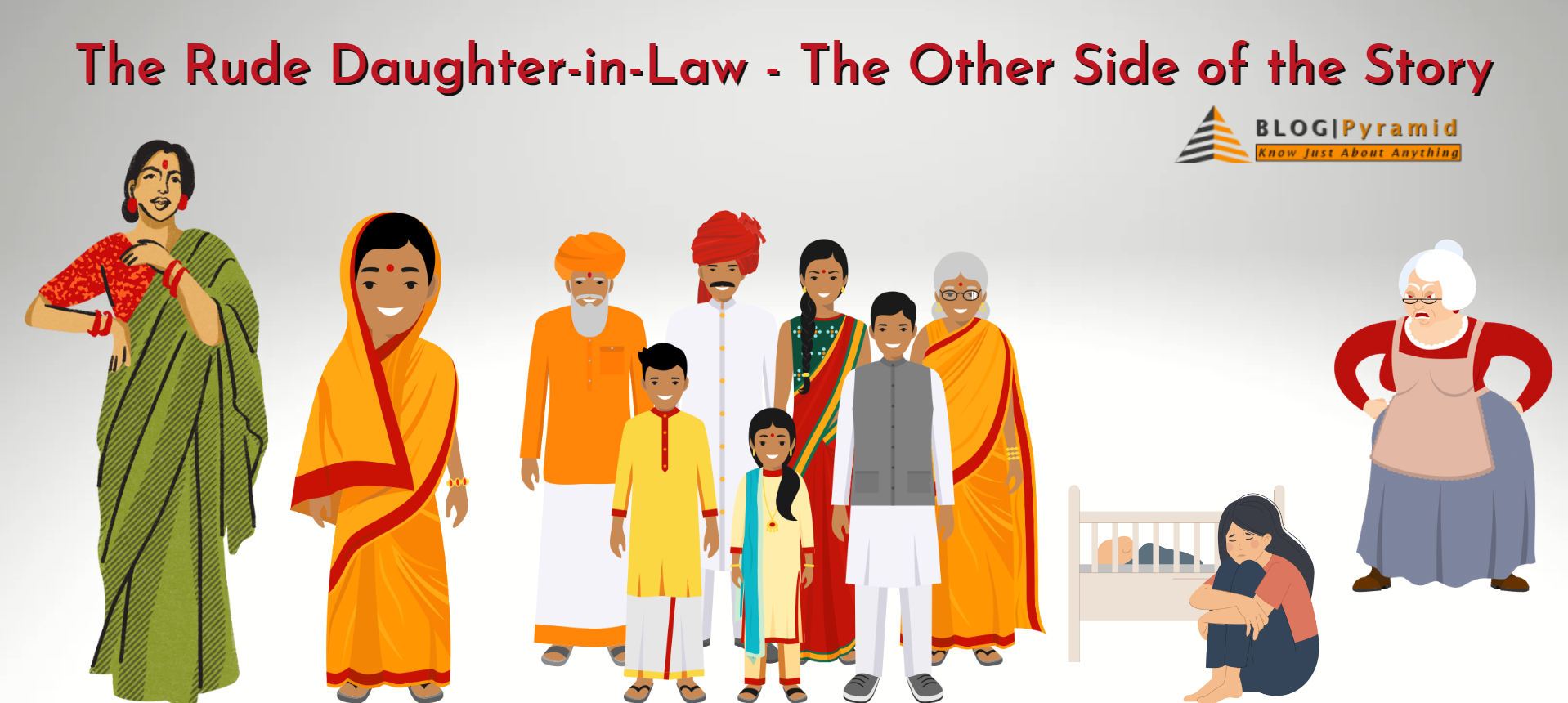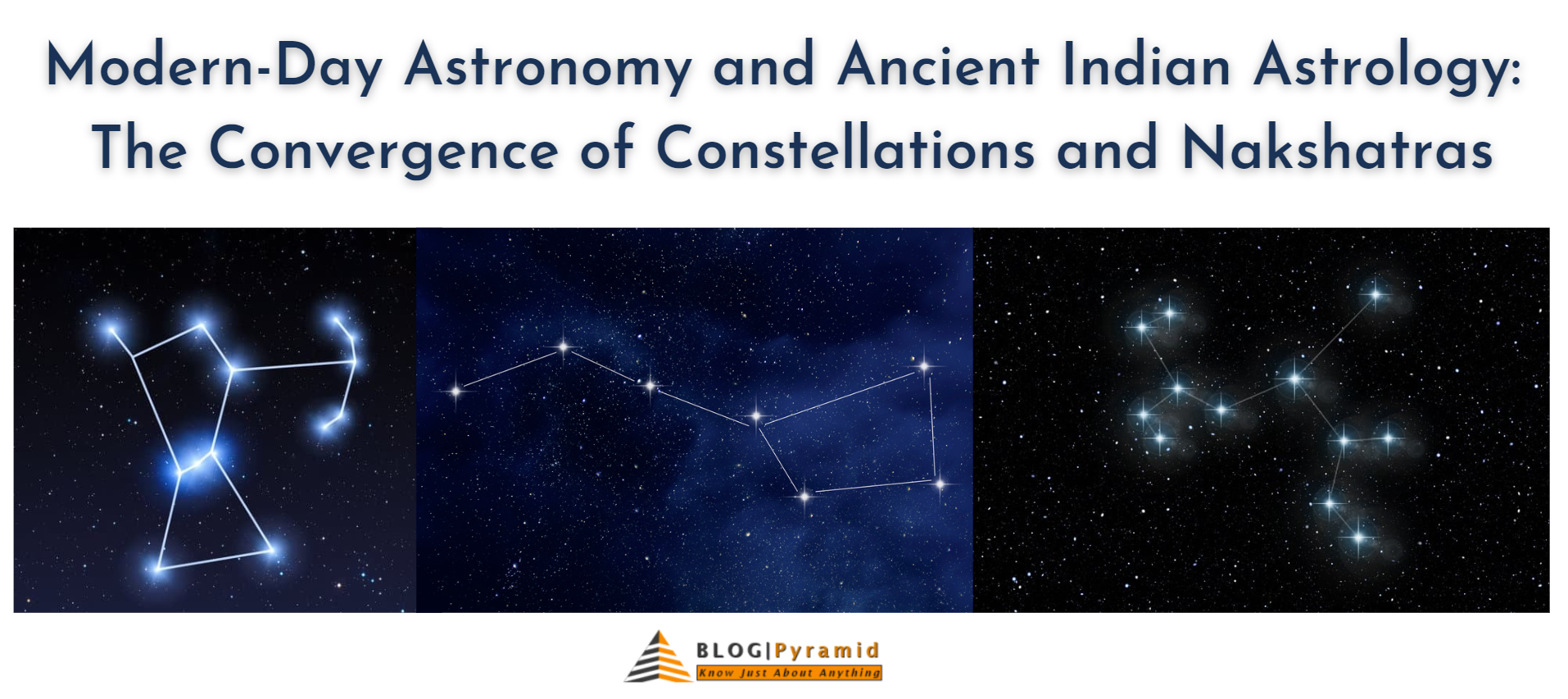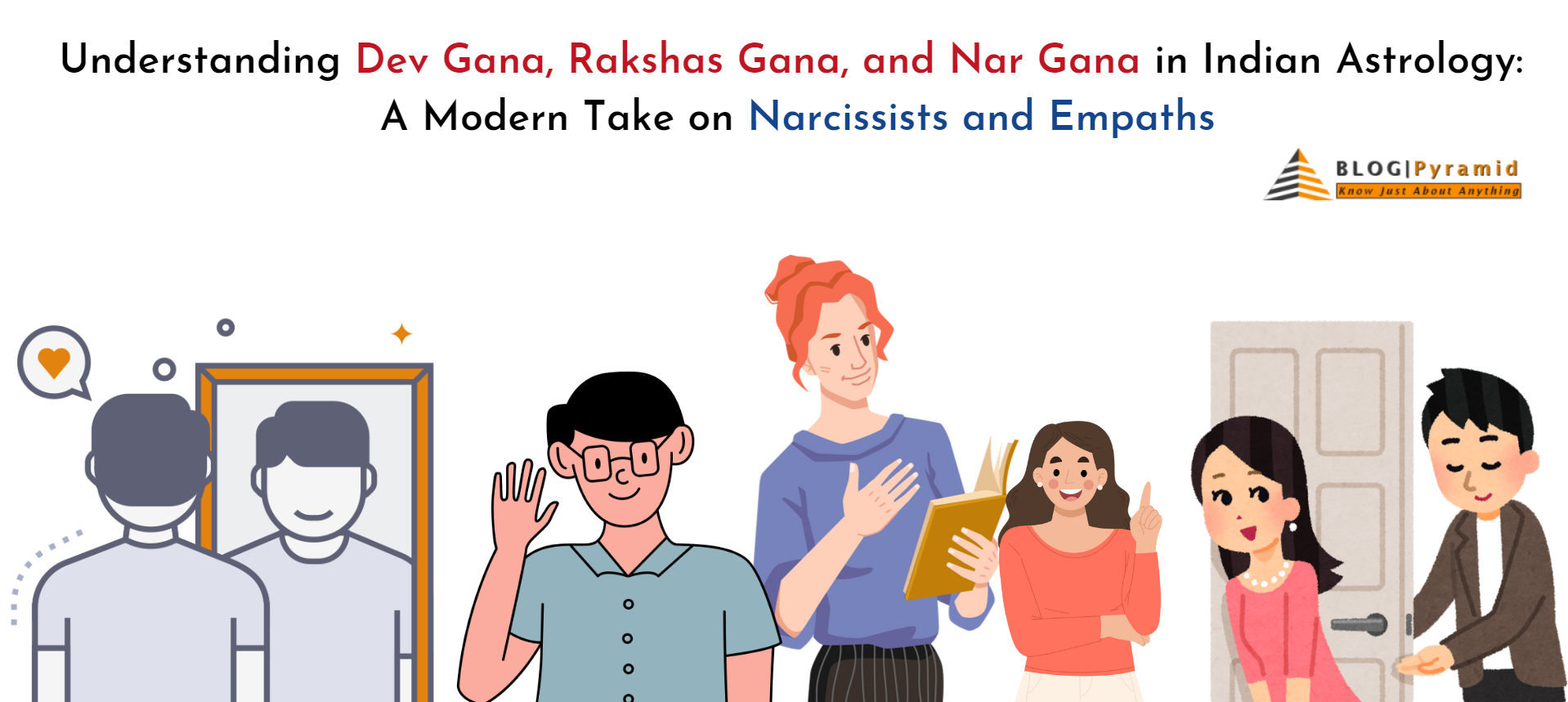
What are the qualities of planets??
About Classical Planets:
The seven classical planets are those easily seen with the naked eye, and were thus known to ancient astrologers. They are the Sun, Moon, Mercury, Venus, Mars, Jupiter and Saturn.
Sometimes, the Sun and Moon were referred to as “the lights” or the “luminaries”.
The astrological descriptions attached to the seven classical planets have been preserved since ancient times. Astrologers call the seven classical planets “the seven personal and social planets”, because they are said to represent the basic human drives of every individual.
The personal planets are the Sun, Moon, Mercury, Venus and Mars.
The social or transpersonal planets are Jupiter and Saturn. Jupiter and Saturn are often called the first of the “transpersonal” or “transcendent” planets as they represent a transition from the inner personal planets to the outer modern, impersonal planets.
The outer modern planets Uranus, Neptune and Pluto are often called the collective or transcendental planets.

The following is a list of the planets and their associated characteristics.
Sun
In Greek mythology, the Sun was represented by the Titans Hyperion & Helios (Roman Sol, and later by Apollo, the god of light). The Sun is the star at the center of our solar system, around which the Earth and other planets revolve and provides us with heat and light.
Astrologically, the Sun is usually thought to represent the conscious ego, the self and its expression, personal power, pride and authority, leadership qualities and the principles of creativity, spontaneity, health and vitality, the sum of which is named the “life force”.
The Sun is associated with Sunday. In Chinese astrology, the Sun represents Yang, the active, assertive masculine life principle.
Moon
In Roman mythology, the Moon was Luna, at times identified with Diana. The Moon is large enough for its gravity to affect the Earth, stabilizing its orbit and producing the regular ebb and flow of the tides. The lunar day syncs up with its orbit around Earth in such a manner that the same side of the Moon always faces the Earth and the other side, known as the “far side of the Moon” faces towards space.
Astrologically the Moon is associated with a person’s emotional make up, unconscious habits, rhythms, memories, moods and their ability to react and adapt to those around them. It is also associated with the mother, maternal instincts or the urge to nurture, the home, the need for security and the past, especially early experiences and childhood.
In Chinese astrology, the Moon represents Yin, the passive and receptive feminine life principle.
Mercury
Astrologically, Mercury represents the principles of communication, mentality, thinking patterns, rationality and reasoning, and adaptability and variability. Mercury governs schooling and education, the immediate environment of neighbors, siblings and cousins, transport over short distances, messages and forms of communication such as post, email and telephone, newspapers, journalism and writing, information gathering skills and physical dexterity.
Mercury rules over Wednesday.
Venus
Astrologically, Venus is associated with the principles of harmony, beauty, balance, feelings and affections and the urge to sympathize and unite with others. It is involved with the desire for pleasure, comfort and ease. It governs romantic relations, marriage and business partnerships, sex (the origin of the words ‘venery’ and ‘venereal’), the arts, fashion and social life.
Venus is the planet of Friday.
Mars
Astrologically, Mars is associated with confidence and self-assertion, aggression, sexuality, energy, strength, ambition and impulsiveness. Mars governs sports, competitions and physical activities in general.
In medicine, Mars presides over the genitals, the muscular system, the gonads and adrenal glands. It was traditionally held to be hot and excessively dry and ruled the choleric humor. It was associated with fever, accidents, trauma, pain and surgery.
Mars is associated with Tuesday . In Indian astrology, Mars is called Mangala and represents energy, confidence and ego.
Jupiter
Astrologically, Jupiter is associated with the principles of growth, expansion, prosperity, and good fortune. Jupiter governs long distance and foreign travel, higher education, religion, and the law. It is also associated with the urge for freedom and exploration, humanitarian and protecting roles, and with gambling and merrymaking.
Jupiter is associated with Thursday. In Indian astrology, Jupiter is known as Guru or Brihaspati and is known as the ‘great teacher’.
Saturn
Astrologically, Saturn is associated with the principles of limitation, restrictions, boundaries, practicality and reality, crystallizing, and structures. Saturn governs ambition, career, authority and hierarchy, and conforming social structures. It concerns a person’s sense of duty, discipline and responsibility, and their physical and emotional endurance during hardships.
In Roman mythology, Saturn is the god of agriculture, founder of civilizations and of social order, and conformity. Saturn is associated with Saturday, which was named after the deity Saturn.
In Indian astrology, Saturn is called Shani or “Sani”, and represents career and longevity. It is also the bringer of obstacles and hardship.
Uranus
Astrological interpretations associate Uranus with the principles of genius, individuality, new and unconventional ideas, discoveries, electricity, inventions, and the beginnings of the industrial revolution. Uranus, among all planets, most governs genius.
Uranus governs societies, clubs, and any group based on humanitarian or progressive ideals. Uranus, the planet of sudden and unexpected changes, rules freedom and originality. In society, it rules radical ideas and people, as well as revolutionary events that upset established structures. Uranus is also associated with Wednesday, alongside Mercury.
Neptune
Astrologically, modern Western astrologers associate the planet Neptune with sensitivity, idealism and compassion, but also with illusion, confusion, and deception. Neptune governs hospitals, prisons, mental institutions, and any other place, such as a monastery, that involves a retreat from society. Its appearance coincided with the discovery of anesthetics and hypnotism.
Pluto
Astrologically, Pluto is called “the great renewer”, and is considered to represent the part of a person that destroys in order to renew, through bringing buried, but intense needs and drives to the surface, and expressing them, even at the expense of the existing order. A commonly used keyword for Pluto is “transformation”.
It is associated with power and personal mastery, and the need to cooperate and share with another, if each is not to be destroyed. Pluto governs big business and wealth, mining, surgery and detective work, and any enterprise that involves digging under the surface to bring the truth to light.
Pluto is also associated with Tuesday, alongside Mars.

*Luna= Moon; Terra = Earth
Info Source http://en.wikipedia.org/






